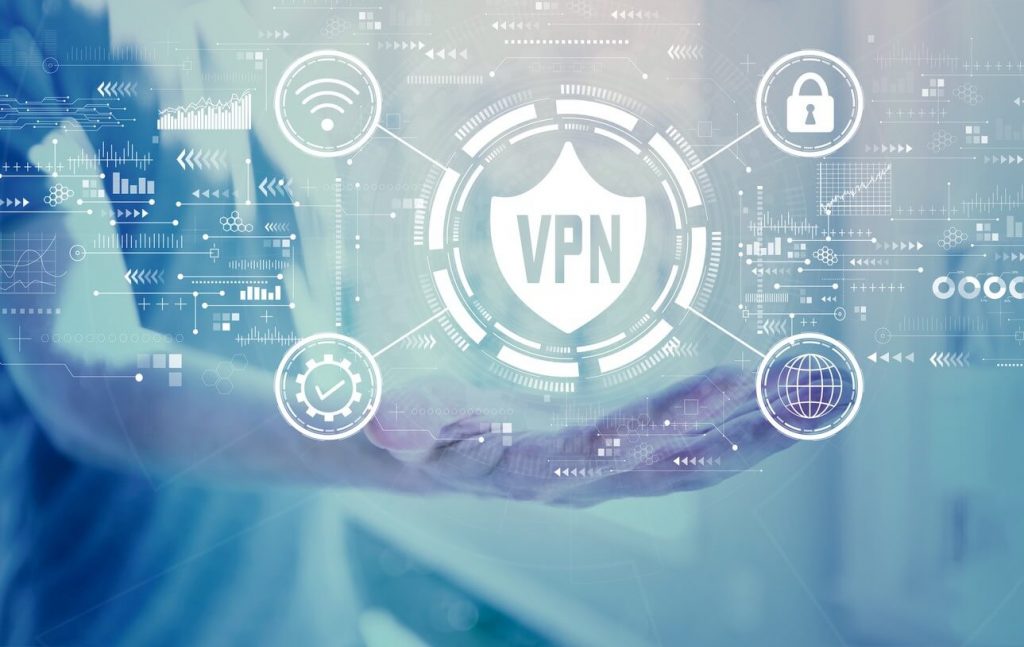Content Attributes
WiFi (short for Wireless Fidelity) is, without a doubt, one of the most appealing features of being alive in this day and age. Cable ruled supreme back in the day, with every connection not only visible but also immediately apparent.
But WiFi has already snaked its way into our daily lives and we can’t seem to go a day without it. Whether we’re working, studying, or just relaxing at home, WiFi has become a staple in our routines. It’s fast, easy to use, and ubiquitous.
However, there are some potential risks that come with using WiFi. One of these is the possibility that your Wi-Fi connection could be affected by external parties trying to get in to exploit your personal information.
“External parties” is just a fancy word for hackers. And what hackers can do to a network is beyond our control. But we can stop them from sniffing sensitive data like social security numbers or someone’s bank information.
One way is to secure our network with a VPN connection:

And to tell you how VPNs operate, they simply create a secure tunnel from your device to a VPN server from where the data travels. What comes out on the other side is a changed IP address and a geo-spoofed location.
And believe me, it’s very easy to use. A VPN app on your device can change your location in seconds by just tapping a button.
You’ll be connected to a VPN server and your device’s outgoing data will encrypted to the extent that not even your internet service provider will be able to monitor you.
Although Wi-Fi uses its own encryption standards like WEP, WPA, and WPA2. But it seems like hackers still have a way to get past these security barriers.
WEP, which stands for Wired Equivalent Privacy introduced in 1997 and used a single key to protect a whole network.
It was of course practical and difficult to crack at the time it introduced. But with advancements, it became an easy game for hackers to decrypt the WEP.
And because WEP encryption worked with a static key, it was no longer secure which is why the protocol retired in 2004.
What is WPA?
WPA (WiFi Protected Access) was introduced in 2003 and it solved the problem to some extent as it encrypted the network access dynamically by changing it regularly with a Temporal Key Integrity Protocol or TKIP.
But that too wasn’t enough as hackers discovered a way to crack TKIP using brute force methods by collecting the necessary amount of data required.
This is why its successor, WPA2 was introduced which increased the complexity in its algorithm compared to its predecessor, WPA.
It introduced an AES cipher and decrypting it would take an advanced system and a billion years.
It is still being widely used all over the world in Wi-Fi networks.
However, the WPA2 encryption method also compromised with a security flaw called KRACK (Key Reinstallation Attack) which would allow hackers in your network’s range to break in and steal your private data.
Solution
A solution to this problem introduced when WPA3 released in 2018 which became a standard protocol in 2020. But WPA3 hardware can be costly that’s why people still use the WPA2 protocol.
So to not spend a fortune switching to WPA3, a VPN connection is what you need. Because a VPN will guard your WPA2 or WPA network just fine.
It will encrypt your entire network and anonymize your online presence so there’s no chance that the hackers would be able to track or monitor you on the open web.
Your VPN should be one of the best, because you don’t want to sign up for an unreliable VPN and hand over your online data as a gift. Also, if you work from home or in the cybersecurity field, you need to keep in mind that a VPN is not a good catch-all technology for all remote access, especially for third parties and vendors.
SecureLink states that you shouldn’t give internal users the same access permissions as external users. Instead, you need to ensure that the level of access given to external entities, like vendors or contractors, is tailored specifically to what they need, and nothing more.
So if you need an extra layer of protection for work, you can also consider an alternative, since VPNs aren’t right for vendor access. Some alternatives include identity and access management platforms, privileged access management, third-party security platforms, and zero trust network access.
After careful consideration, if you feel you’re better off using a VPN but don’t want your data sold to the highest bidder, sign up for a VPN that has a strict no-log policy that provides just enough features to keep your online security needs as the highest priority.
There are a lot of factors that make a VPN the best:
Some of them you should look for are,
- A kill switch feature.
- A strict no-log policy.
- A 30-day money-back guarantee.
- 256-bit encryption method.
- Advanced protocols like OpenVPN, IKEv2, L2TP/IPsec.
- A rich pool of server locations.
If your VPN at least provides you these features then you’ve got yourself a good deal. And if you don’t know which one to go for then we have a list of some of our favorites including ExpressVPN, NordVPN, Surfshark, CyberGhost, and IPVanish.
So there you have it. Your comprehensive guide on how a VPN can help keep your Wi-Fi connection safe and secure. Now go out and get yourself a good, reliable VPN service and start using it to encrypt your networks!
